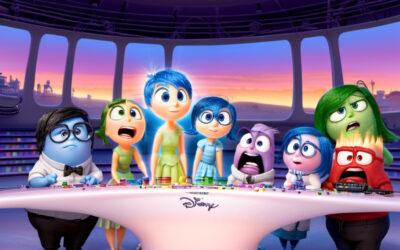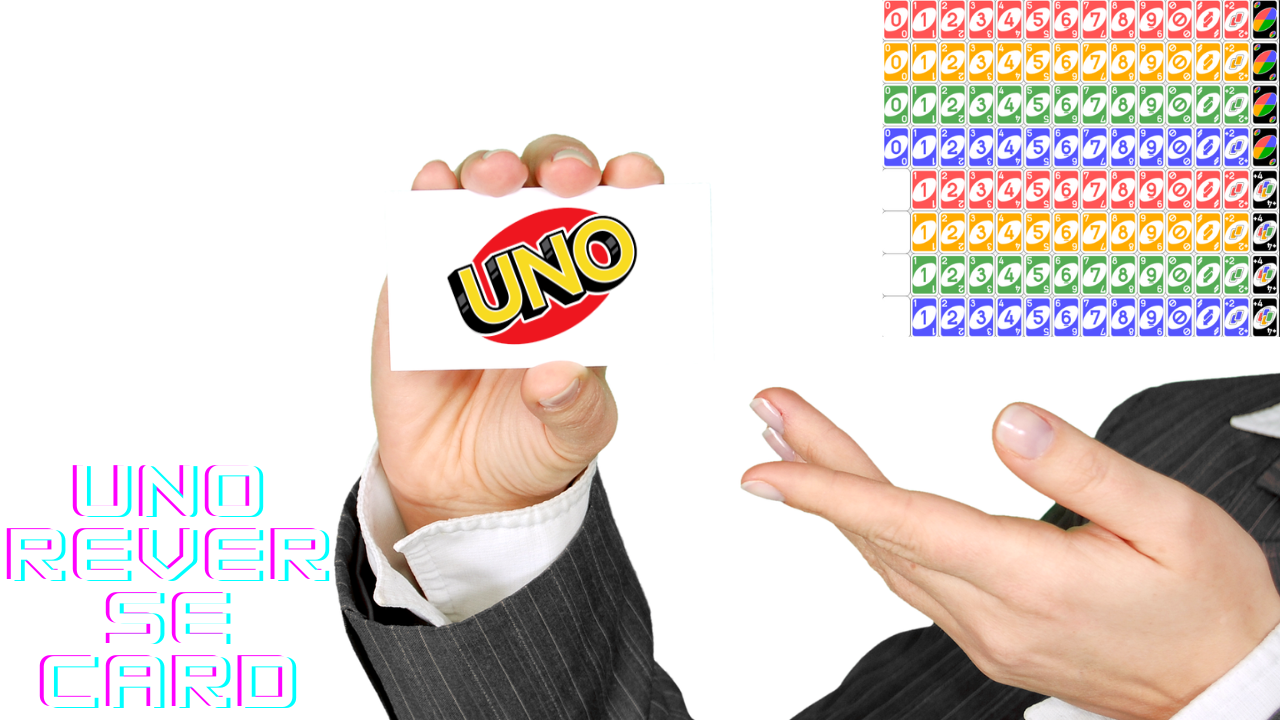

Silly Wankok
“Silly Wankok” is not a widely recognized term or phrase with a specific meaning When we first hear the term “silly wankok,” it’s natural to be puzzled. This phrase doesn’t have any established meaning in popular culture or dictionaries. However, exploring possible meanings, cultural connections, and interpretations can give some insight into how this term might be understood or used. Is it a quirky character? A funny internet reference? Or a name associated with unexpected humor? Let’s dig deeper.
Is “Silly Wankok” a New Online Slang?
The internet has been a hotbed of slang, memes, and unexpected language inventions. Words like “LOL” and “meme” were once unheard of. It’s silly. Bangkok could be a quirky slang term emerging from a specific online niche or even an inside joke. In online gaming or social media, words with no direct meaning often gain popularity, taking on unique interpretations. Thus, silly Bangkok may fall into this category as a phrase that’s funny, nonsensical, and open to interpretation.
Could “Silly Wankok” be a Character?
Cartoons, children’s shows, and digital animations often feature characters with whimsical names. For example, “Silly Duck” appears in the YouTube series Little Zoo, which many young viewers love for its lighthearted antics and dance routines. If silly Bangkok is connected to such a character, the resemblance might lie in a humorous, exaggerated persona meant to entertain and amuse viewers.

A Humorous Insult? Or Pure Nonsense?
Sometimes, words are thrown together to make people laugh. While “wankok” doesn’t have a specific meaning in English, combining it with “silly” might be a way to create a nonsense term with humorous intent. Words like “nincompoop” or “dingbat” are playful insults, often used without malice. Likewise, silly Bangkok could be in this category: a funny, lighthearted expression that amuses people more than offends them.
“Silly Wankok” as an Inside Joke
In some cases, phrases like silly Bangkok become a part of small online or social communities as inside jokes. Members of these groups understand the word, adding their meanings, which outsiders may not know. Such phrases create a sense of belonging and exclusivity for those who “get it.” For example, this term might resonate with a specific group of friends, gamers, or social media followers who use silly Bangkok to reference something funny or absurd.

Exploring the Origins of the Word “Wankok”
The second part of the phrase, “wankok,” doesn’t seem to have a recognized meaning. However, it has a quirky sound, potentially inspired by humorous language in various pop cultures. Words with playful “k” sound often end up in-jokes and character names because they sound funny. Silly Bangkok follows this rhythm, making it sound like a term from a cartoon or comedy skit.
Interpreting “Silly” in the Phrase
The adjective “silly” usually conveys harmless foolishness or humor. When combined with a nonsensical word like “wankok,” the phrase takes on a lighthearted tone, suggesting a character or idea that doesn’t take itself too seriously. Many characters in children’s media are intentionally silly to make viewers laugh without much more profound meaning, and silly Bangkok could easily be one of them.
Also Read: UGG: Cozy Footwear That Redefined Comfort and Style
Could “Silly Wankok” Have Cultural Roots?
There’s also the possibility that silly Bangkok borrows from different cultural words, though it’s easier to trace with additional context. Language blends uniquely online, and phrases often come from unexpected sources. For instance, specific languages have words that sound playful to English speakers, leading them to be used for humorous effect.
A Potential Online Meme?
The internet loves turning quirky phrases into memes. If silly Bangkok gains traction, it could join the ranks of many internet-born catchphrases. Memes and viral expressions often start small and spread rapidly, with little to no logic attached. In this way, silly Bangkok could quickly become a meme that adds humor in comments, captions, and social media posts.
Is There a Game Involving “Silly Wankok”?
Video games frequently introduce new characters with eccentric names, especially in casual or indie games. A silly Bangkok character could easily fit into this world, especially in a match emphasizing humor or slapstick. Players would likely remember a name like Silly Wankok because it’s unusual and distinctive, giving it the potential to resonate within the gaming community.
Language Trends and “Silly Wankok”
We see trends in how certain words evolve, especially regarding humorous language. Words like silly Bangkok may emerge from these trends. If someone coined it as a joke, it could spread simply because people find the combination of sounds amusing. This way, language evolves, with new terms continually adding flavor to informal speech.
Could “Silly Wankok” Be an Accidental Phrase?
There’s always the chance that silly Bangkok originated as a typo or a random phrase someone found funny. Typos often gain popularity online, where they are humorously accepted and then incorporated into slang. If someone meant to type something else and stumbled on silly Bangkok, they might have found the result amusing enough to share.
An Art Project or Creative Expression?
Another interpretation could be that silly Bangkok is part of an art project or creative endeavor. Many artists use nonsensical or playful names for characters, creating a humorous or surreal effect. An artist adds a layer of whimsy by giving a character an odd name like silly Bangkok, leaving the meaning open to audience interpretation.
Is “Silly Wankok” Just Pure Fun?
At its core, silly Bangkok could be a phrase without any more profound significance, created purely for fun. Not every phrase has to have a backstory or cultural connection; sometimes, words are just fun to say. Silly Bangkok might be one of these, adding humor and quirkiness to everyday language.
The Impact of Random Phrases on Humor
Random phrases can be powerful in humor. When we hear unexpected words like silly Bangkok, our brains find them funny simply because they don’t make immediate sense. This humor plays on surprise and novelty, making silly Bangkok a potentially funny term easily shared and enjoyed.
Could It Be a New Catchphrase?
Phrases like “what’s up” or “my bad” started as casual language and became part of famous speeches. Similarly, silly Bangkok has the potential to become a catchphrase, used humorously among friends or even in media. Catchphrases often become a part of how we interact, and silly Bangkok has a rhythm that makes it memorable.
Conclusion: The Mystery of “Silly Wankok”
The term “silly Bangkok” remains mysterious, yet its quirky, humorous appeal makes it an exciting phrase to explore. Whether it’s a potential character, a new slang term, or a fun combination of sounds, it has an undeniable charm. Whatever the origin, silly Bangkok reminds us of the joy of language and the endless possibilities of creative expression.
What Makes “Silly Wankok” Fun to Say?
The combination of “silly” and “wankok” is engaging precisely because it’s unexpected. Each word adds a playful rhythm, making silly Bangkok a fun phrase that’s said and heard. This might be why it’s still around despite having no set definition. The word is like a piece of performance art designed to make people smile.
Where Will “Silly “Bangkok” Go Ne” t?
Only time will tell if silly Bangkok becomes a recognized term or remains a humorous oddity. Whether it is an inside joke, a meme, or a forgotten internet footnote, it has captured some attention for now. This quirky phrase proves that language continues to evolve, bringing fun and mystery into everyday life.














